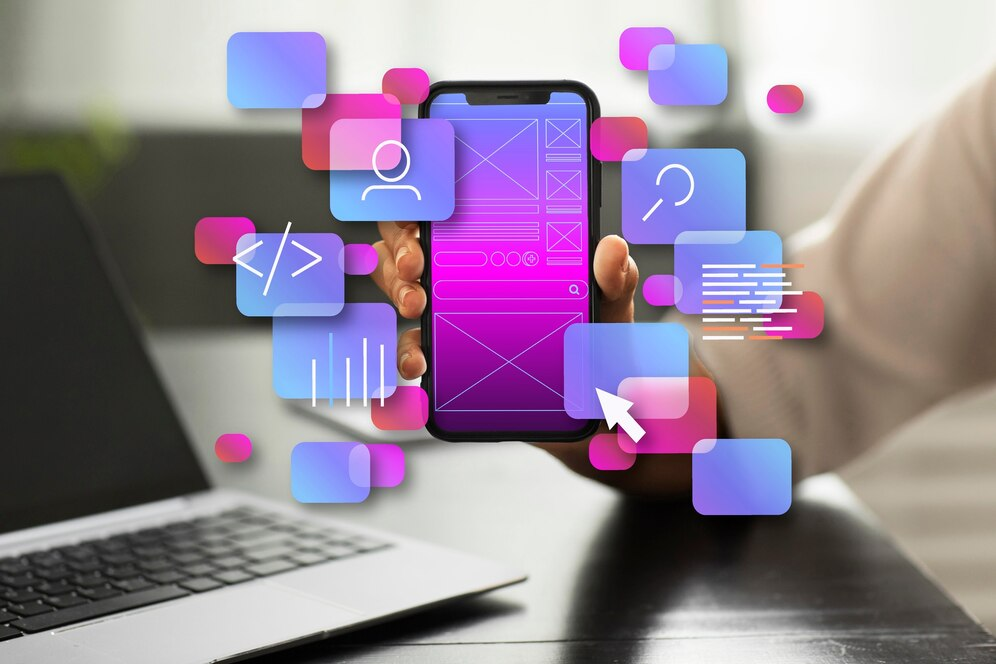Are robots coming for our jobs? This question has lingered since the rise of artificial intelligence, sparking debates across industries. A recent report predicts that AI could displace up to 30% of jobs globally by 2030, affecting millions of workers.
While this statistic may seem alarming, it also signals unprecedented opportunities for innovation, efficiency, and new job creation. The key to embracing this shift lies in understanding the balance between automation and human ingenuity.
At AI Report Central, we’re dedicated to keeping you informed on artificial intelligence today news. From the latest on artificial intelligence to updates about the impact of AI on computing, we provide insights to help individuals and businesses adapt to these changes.
This article will explore AI’s role in employment, its potential effects on the job market, and how reskilling can prepare us for an AI-driven world.
The Double-Edged Sword of AI in the Workplace
AI’s integration into the workforce has both benefits and challenges:
Job Displacement
- Automation of Repetitive Tasks: Industries such as manufacturing, retail, and logistics are increasingly automating repetitive tasks like assembly line work, data entry, and inventory management. This reduces the need for human labor in certain roles.
- Potential Impact on White-Collar Jobs: AI advancements in natural language processing and machine learning are beginning to automate customer service, financial analysis, and even legal document review, reshaping traditional office jobs.
Creation of New Roles
- Emerging AI-Related Jobs: As AI technologyevolves, roles such as AI trainers, machine learning engineers, and data scientists are in high demand.
- Human-Centric Roles: AI has increased the need for positions requiring emotional intelligence, creativity, and complex problem-solving—qualities uniquely human.
Preparing the Workforce for an AI-Driven Economy
Reskilling and Upskilling
To mitigate the challenges of job displacement, workers need access to:
- Training Programs: Courses on implementation AI in small businesses, coding, and data analysis can help employees remain competitive.
- Soft Skill Development: Skills like adaptability, teamwork, and communication will become more valuable in AI-enhanced workplaces.
Educational Initiatives
Partnerships between governments, educational institutions, and businesses are crucial to redesigning curricula that emphasize AI-related competencies.
Government and Corporate Responsibility
- Policies Supporting Transition: Governments must implement policies encouraging workforce retraining and job transition assistance.
- Corporate Investment: Businesses should prioritize employee development to foster a culture of continuous learning.
Embracing a Collaborative Future
AI doesn’t have to be a threat; it can be a partner. By combining AI’s efficiency with human creativity, we can redefine productivity and innovation in every sector. The future belongs to those who adapt and collaborate with this transformative technology.
What’s your next move? As the AI revolution continues, staying informed is the first step toward adapting and thriving. At AI Report Central, we provide the latest articles on artificial intelligence and updates on AI and employment trends to keep you ahead of the curve.
Subscribe to our newsletter today to receive cutting-edge insights into artificial intelligence latest news, generative AI, and the impact of AI on computing. Let us help you navigate the future of work with confidence and clarity.



















